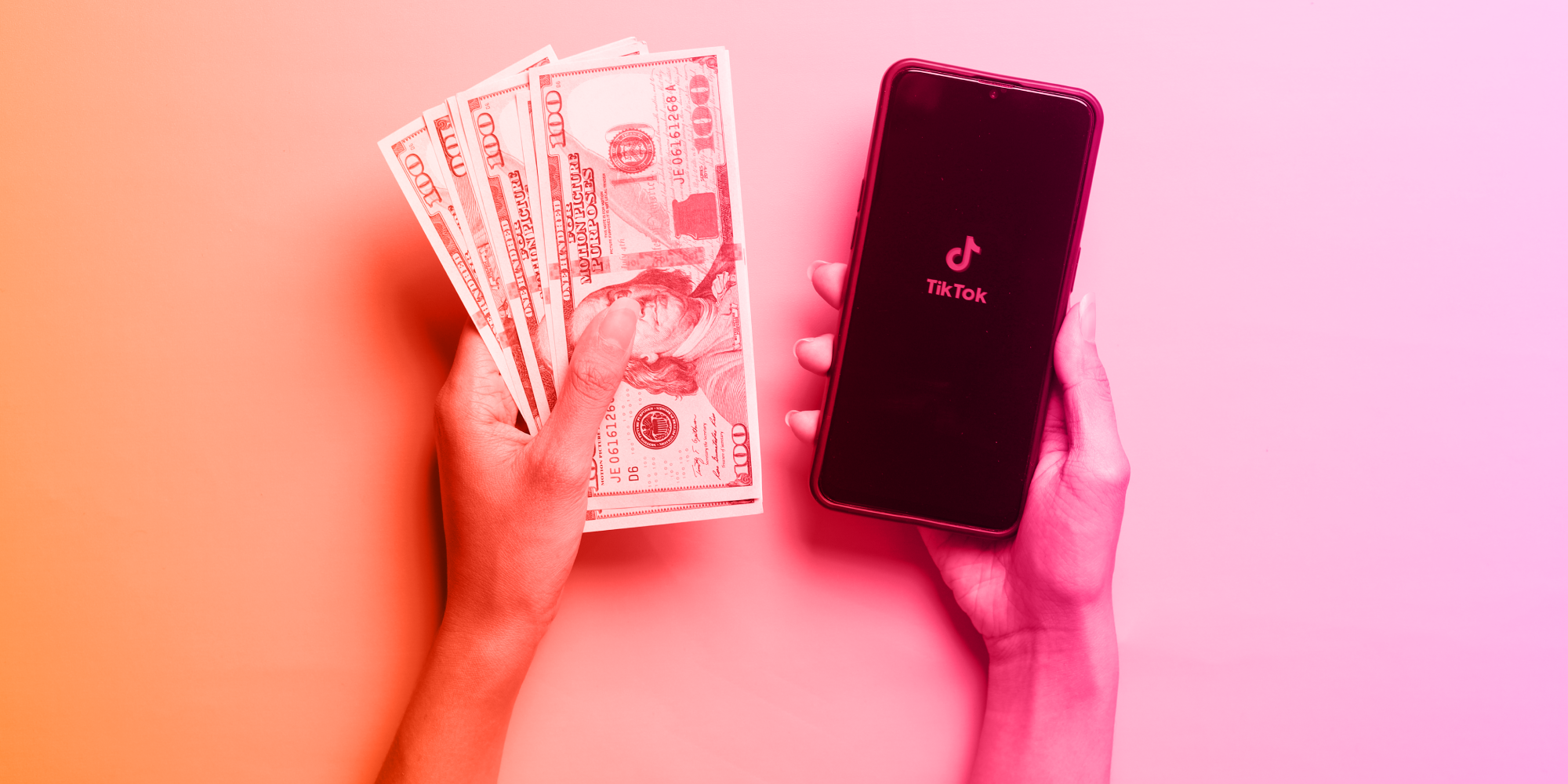
When the average person thinks of how much money influencers make, they often picture multi-millionaires — taking luxurious brand trips, living in sprawling mansions, with millions of adoring fans blowing up their comments section with love and sometimes hate.
This is part of the reason why so many kids are joining creator summer camps in droves. According to a 2023 Morning Consult poll, a whopping 57% of Gen Zers said they’d like to be an influencer if given a chance.
But this stereotype of fame and fortune is far from the truth.
Take this week, for example, when popular TikToker Reesa Teesa revealed she’s “not quitting her day job” anytime soon. Her viral, 50-part “Who TF Did I Marry?” series helped her gain over 3 million followers in a matter of two weeks.
But in a recent video, she said she hasn’t been able to make much money from it due to TikTok’s limited monetization offerings.
It’s not surprising, considering many influencers reported making only “pennies” from hit videos on the platform.
“So for the people who think I’ve made 80-something-thousand, a hundred thousand, three hundred thousand — I am so sorry to disappoint you, but the actual number is nowhere near.”
— Creator Reesa Teesa on TikTok.
So, how much money do influencers make, really? Sure, the richest YouTubers and TikTokers like MrBeast and Charli D’Amelio have made millions. They’ve expanded their businesses, becoming media titans. But the reality is millions of other people working professionally as creators make nowhere near that much.
In one Linktree survey from 2022, researchers found that only 12% of full-time creators earned more than $50,000 annually. In comparison, the average U.S. annual income for working adults in the last quarter of 2023 was $59,384, according to the U.S. Bureau of Labor.
On top of this, creators operate in a highly unregulated industry. They have unpredictable incomes, making it difficult to plan for health insurance and paid time off. They struggle to get the platforms they rely on to listen to their feedback. Harassment and stalking are common threats.
Furthermore, the social pressures to always be online and turn yourself into a personal brand can take a toll on mental health. It’s the reason that even the most popular creators burn out.
Take influencer Ana Wolfermann, who said earlier this month she’s stepping away from a full-time career as an influencer due to the pressure to share too much of herself. Or Twitch streamer Hasan Piker, who spoke this week about how socially draining putting yourself online all day can be. …
Want early access to the newsletter? Subscribe now to get it in your inbox every Tuesday and Thursday.




